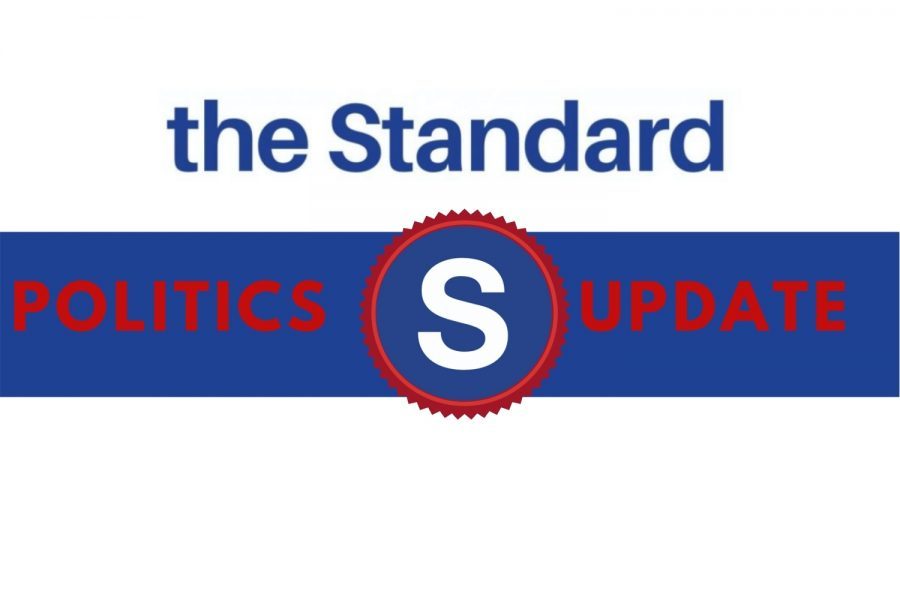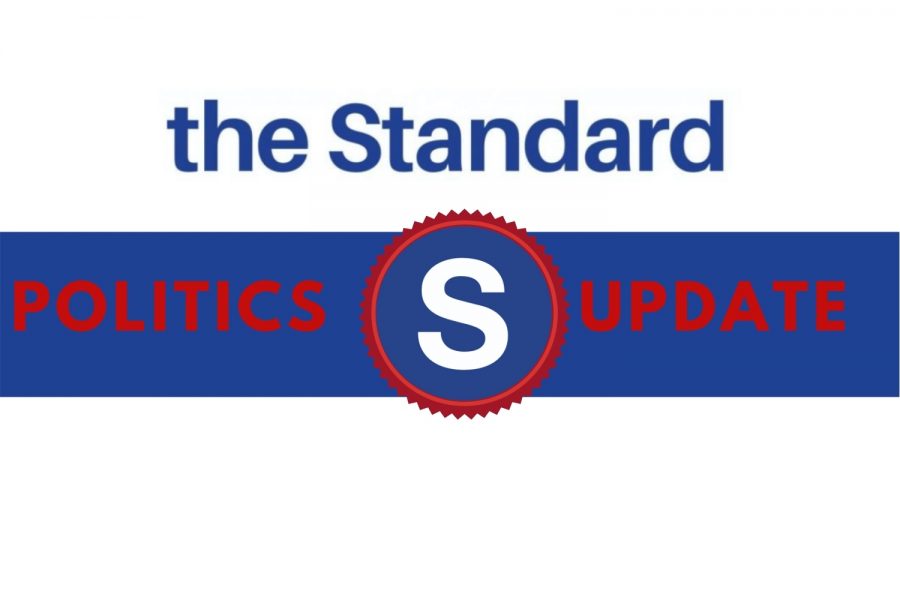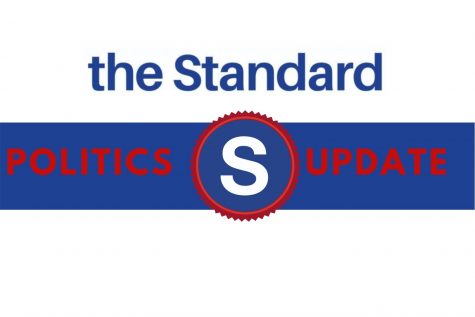This column is now being written by Mia George and Daniel de Beer. We are excited to take over and hope that we can continue to inform our readers of politics and current events.
Colombians protest against government
Thousands of Colombians participated in protests and demonstrations in response to a proposed tax reform April 28. The proposal was presented by Colombian President Iván Duque Márquez with the intent of increasing taxes on lower-income citizens, public services and more.
Duque defended the proposal by stating that the country’s gross domestic product (GDP) dropped by 6.8 percent last year and caused one of the worst recessions the country has faced in 50 years.
However, anti-government citizens responded quickly, arguing that the reform targeted the working class demographic by taxing them at higher rates, especially considering the rise in unemployment as a result of the pandemic.
As a result, Duque promptly withdrew the reform just four days after its announcement on May 2, explaining that the government would implement alternative solutions to improving the country’s economy.
Rather than abating, protests intensified after the government’s withdrawal of the tax reform. Animosity grew among Colombians, indicating that state-society relations were already fragile to begin with and that the proposed tax reform merely catalyzed insurrection under an already unstable political climate.
What started as peaceful protests erupted into violent uprisings by radical left-wing rebel groups.
Consequently, the government deployed security forces to densely populated urban areas. According to Global Citizen, an order was signed by Duque May 1 permitting the presence of military forces in areas where rebel groups and drug traffickers encouraged aggression. Duque even classifed the demonstrators as “low-intensity terrorism.”
On the other hand, protesters responded that security forces should be held accountable for decades of police brutality and for perceiving anti-government and resistance groups as enemies rather than Colombian citizens.
The protests and rise in hostility indicate the nation’s need to prioritize and stabilize state-society relations before implementing further restrictions directly affecting certain socioeconomic demographics.
U.K. plans to implement new voter ID laws
Reports have indicated that Boris Johnson’s government is expected to announce a law requiring citizens to show a valid form of identification when taking part in U.K. elections. These rules are likely to take effect in May 2023, one year before the next scheduled general election.
This new law has sparked controversy similar to the debate about implementing voter ID laws in the U.S. In the U.K., 3.5 million people, approximately 7.5 percent of U.K. voters, have no valid forms of ID. Additionally, The Guardian states that older, disabled and homeless people would be disproportionately affected, as these groups are the least likely to have ID.
Likewise to the U.S., critics have echoed that voter IDs are used to disenfranchise the working class and ethnic minorities; demographics that are generally associated with the Conservative Party’s opposition. Even one of the party’s senior MPs, David Davis, described the voter ID proposal in an interview with the Independent as an “illiberal solution for a non-existent problem.”
It is, in fact, an arguably non-existent problem. There were six reported cases of voter fraud in the last general election. Hindering 3.5 million people’s opportunity to vote is not warranted by preventing these minimal cases of voter fraud.
To grasp a vision of the U.K.’s potential future voting landscape, we can look to the U.S., where voter ID is already required in some states. Nationally, up to 25 percent of African-American citizens of voting age lack government-issued photo ID, compared to only 8 percent of white citizens.
It is evident that implementing voter ID laws would be a big blow to the U.K.’s traditionally fair democracy. The responsibility of upholding this legitimacy rests on the shoulders of the Conservative party.
Israel-Palestine conflict escalates
Conflict in East Jerusalem between Palestinians and Israelis has recently intensified. Jewish settlers have been attempting to evict Palestinians from their homes in a long legal battle in Sheikh Jarrah, a majority-Palestinian neighborhood in East Jerusalem.
The rise in tensions coincided with the Muslim holiday of Ramadan and Eid al-Fitr, where religious sentiments are inevitably heightened. Violence erupted in response to the evictions at the Al-Aqsa mosque compound, one of Islam’s holiest sites. Israeli police fired tear gas and stun grenades at Palestinians who threw stones and chairs in return.
The culmination of these disputes led Hamas, a Palestinian militant group, to send rockets from Gaza to Israel, most of which were stopped by its anti-missile technology. Israel retaliated by carrying out multiple airstrikes against Hamas targets. Hamas has hidden the majority of their military infrastructure behind civilians, so the Israeli Defense Force has taken preventative measures to minimize casualties.
In hopes of combating the rise in violence and instability, various countries collaborating with the United Nations are working together to propose a cease-fire. The U.N. Security Council held a confidential emergency meeting on the escalating violence, where international mediators called for a ceasefire. However, neither side was able to come to a consensus.
Prime Minister of Israel Benjamin Netanyahu has failed, on multiple occasions, to form a governing coalition with the sufficient support from other parties. Consequently, Netanyahu appointed Yair Lapid, chairman of the center-left Future Party (Yesh Atid), to try and fulfill his duty of forming the Knesset, a full 120-member parliament.
The Associated Press refers to the conflict as a “political limbo” in Israel, where Lapid will have three more weeks to reach a deal with Palestine. If he fails to do so, Netanyahu will benefit, and may lead the country to an unprecedented fifth election.
The conflict as a whole has ignited a wave of polarization, bringing the world no closer to resolving the issue. Both sides need to recognize this turmoil and advocate for diplomacy.










